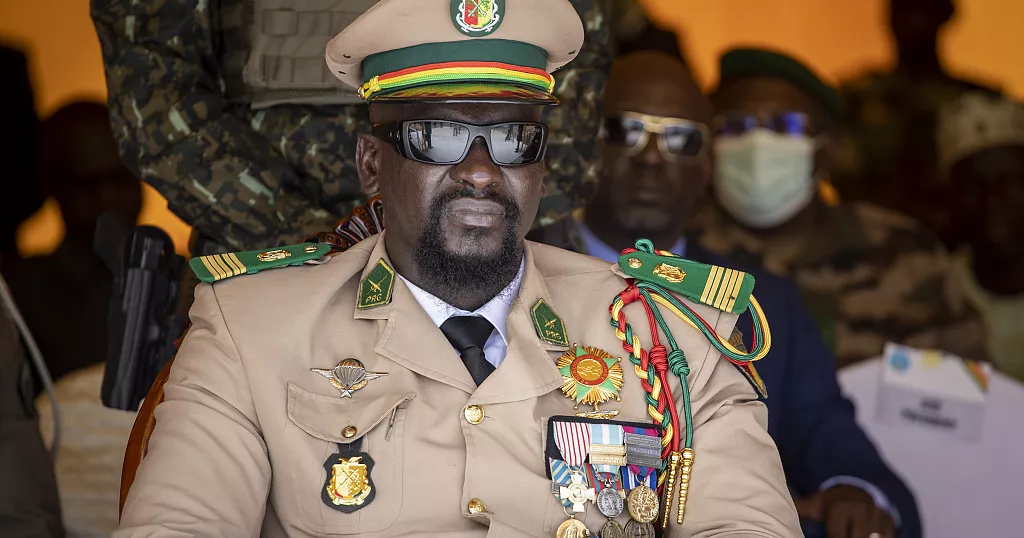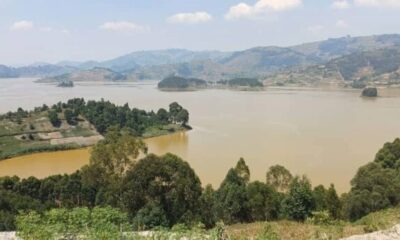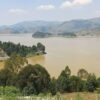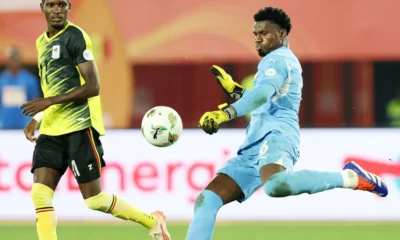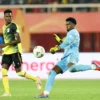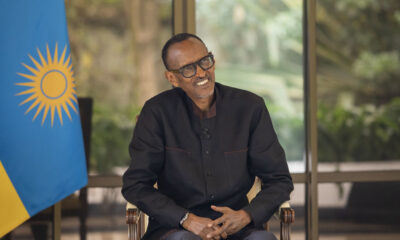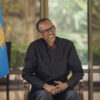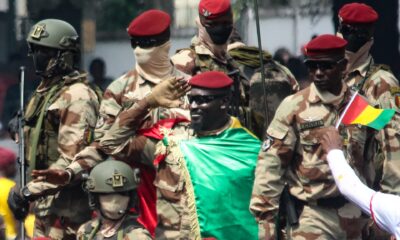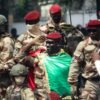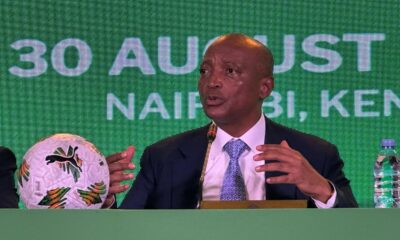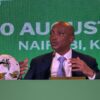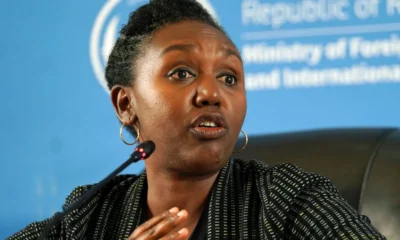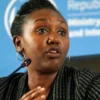Africa
Doumbouya Suspends Major Political Parties Ahead of Controversial Constitutional Referendum
Guinea’s military leader has suspended three major political parties, including that of former President Alpha Condé, for three months as the country prepares for a highly contentious constitutional referendum. The suspension affects Condé’s Rally of the Guinean People (RPG), the Union of Democratic Forces (UFD) led by former Prime Minister Cellou Dalein Diallo, and the Party of Renewal and Progress (PRP), signalling a tightening grip on the political landscape.
The move comes amid rising tensions as opposition groups and civil society organisations plan mass protests starting September 5 to denounce what they describe as a power grab by junta leader General Mamadi Doumbouya. Doumbouya, who seized power in a 2021 coup that ousted Condé after a decade in office, has faced persistent criticism for his consolidation of authority and moves that appear aimed at extending his tenure.
The referendum, scheduled for September 21, proposes significant amendments to the constitution, which critics warn could allow Doumbouya to run for president despite a previous ban on military leaders participating in elections. Opposition figures argue that the referendum undermines democratic norms and threatens to entrench military dominance in Guinea’s political system.
Since taking power, the junta has imposed strict restrictions on public assembly, banning protests since 2022 and intensifying crackdowns on opposition leaders. Many political figures have been forced into exile or detained, and earlier this year, dozens of political parties were suspended or dissolved for failing to comply with new regulations introduced by the military government.
International rights groups have expressed alarm over Guinea’s escalating political repression. Human Rights Watch and Amnesty International, among others, have warned that the junta’s actions threaten the country’s already fragile democracy and could provoke wider unrest if public grievances are ignored. Analysts caution that the coming weeks could be pivotal for Guinea, as both domestic and international scrutiny intensifies around the referendum process and the military’s role in the nation’s governance.
The suspension of Condé’s party and other major opposition groups highlights the junta’s determination to limit dissent in the lead-up to the referendum, raising fears that Guinea’s political transition may be marred by heightened instability and a deepening crisis of legitimacy.
Comments



